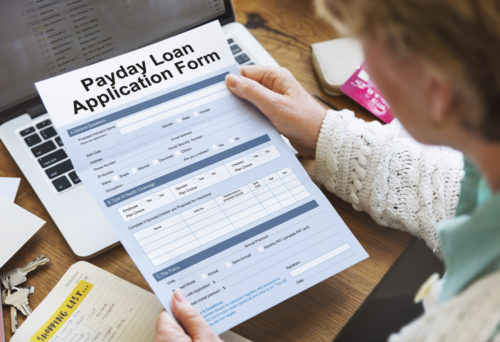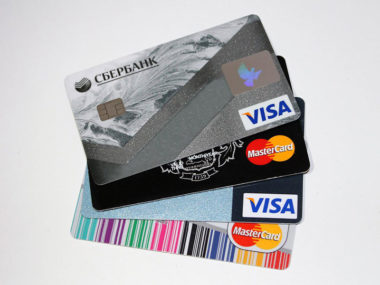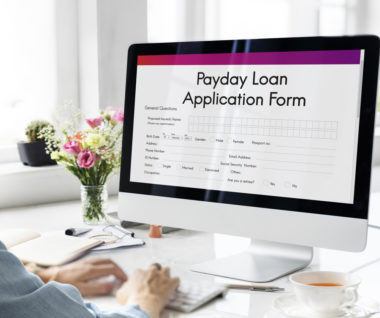Payday loans are a quick and easy way to get cash. Most often, people who are struggling with financial hardship are the ones that apply for payday loans. The purpose of a payday loan is different for everyone, but common situations include getting sick and being unable to work, or replacing broken appliances in a pinch. While these loans can be helpful, they often end up doing more harm than good. Payday loans shouldn’t be viewed as a long-term solution to your money problems. Before you obtain a payday loan, it’s important to understand how they work.
Table of Contents
How Do Payday Loans Work?
Every state has its own laws for payday loans, but generally, they work as a short-term, high-cost loan that is paid in a two-week period. The loan amounts can range from $100 to $1,000 depending on which state you live in. To get a payday loan, you write a check for the amount you need, plus a fee depending on the amount you’re borrowing.
Lenders hold these checks until your next payday when the cost of the loan and the finance charge associated with it are expected to be repaid in a lump sum. To pay the lender, borrowers can use cash, allow the check to be deposited, or pay a finance charge to roll the loan over into another pay period.
Some payday loan lenders even offer installment loans that allow for multiple payments. If you can’t repay your loan when it’s due, the loan can be extended for a period of time, but with fees tacked on to your original balance. It all depends on the state you reside in. Some states regulate rollovers for payday checks or limit the number of times you can renew. Some states don’t allow payday loans at all. Before you take out a payday loan, look into the laws in your state that dictate how they work. You may find that your state doesn’t offer payday loans.
Payday Loan Interest Rates
Just like with traditional loans, payday loans come with certain interest rates that must be repaid. Interest rates on payday loans are high because these loans are not based on your credit or borrowing capacity. They are based on your ability to collect. In most cases, payday loans end up costing significantly more when all is said and done.
A payday loan can have an annual percentage rate (APR) of more than 100% of a traditional loan. Let’s say you need to borrow $100 for a two week period. You might pay a $20 fee to borrow that $100, and depending on the terms of your payday loan, your APR could turn out to be more than 500%.
Payday Lenders
Traditional banks used to offer payday loans, but have since moved away from that practice, as they earn more revenue with traditional loan options. Most payday lenders work out of stores, but you can also find locations that specifically offer payday loans. If there isn’t a payday loan location near you, you can also find this kind of loan at other financial institutions. This includes check cashing, title loan, rent-to-own, and pawn locations. You can even find payday loans online. Again, it depends on your state’s licensing.
Payday Loans and Bad Credit
Payday loans are sometimes referred to as “no credit check” loans, so it’s possible to get one with a bad credit score. As stated above, payday loans are not awarded based on credit. In fact, you don’t even need to have a credit history. Lenders do not conduct a full credit check when issuing a payday loan. Instead, they are based on your ability to repay, despite any other financial obligations you might have. In this way, payday loans can quickly create a debt trap, especially if they aren’t repaid in a timely manner.
How to Get a Payday Loan
It is relatively easy to get a payday loan, and that is one reason they are dangerous. All you need to obtain a payday loan is an open bank account that is in good standing with the financial institution, a reliable source of income, and a form of identification. No credit check is required and no questions are asked regarding your ability to repay the loan. Most payday lenders will tolerate poor credit or won’t even check credit.
Online Payday Loans
There are also online options to get a payday loan if your area does not offer an in-person option. All you have to do is fill out a form with an online vendor and provide your Social Security number, source of income, and banking information. Those who get a payday loan online often fare worse than people who obtain them from brick-and-mortar lenders. In fact, more than half of all online payday loans default. As such, lenders are subject to the state licensing laws and rate caps that are laid out in the borrower’s state.
Image Source: https://depositphotos.com/





